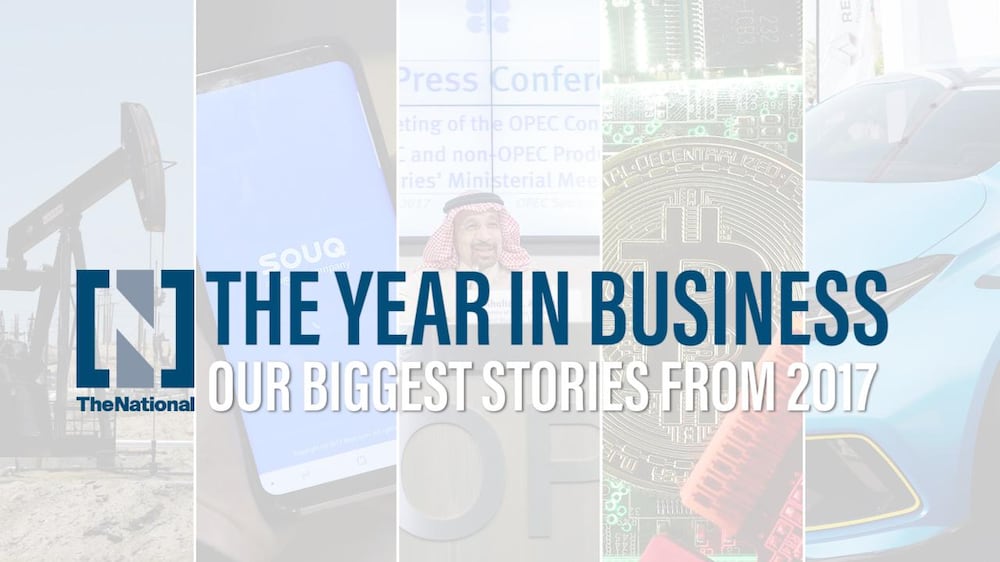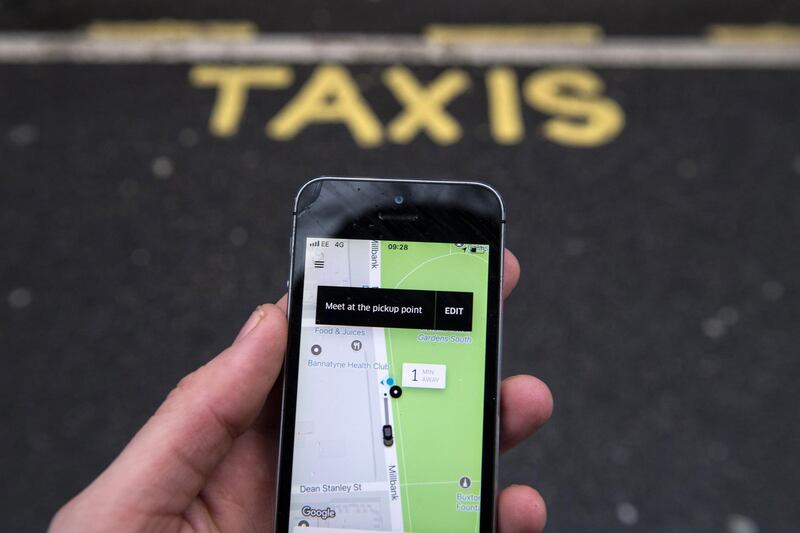In many ways, the demise of Juicero in September was a microcosm of everything that was wrong with technology in 2017.
Doug Evans, a veteran juice bar proprietor, started the San Francisco-based company four years ago with the lofty goal of changing how people make and consume healthy beverages.
His Wi-Fi-connected Juicero was similar to the Keurig coffee-pod machine, except it used high-tech gears to press packets of fruits and vegetables into juice.
The company attracted more than US$132 million in funding from the likes of Google Ventures and Kleiner Perkins Caufield & Byers, for a valuation of about $500m. Its employee count grew to more than 230.
But then the problems hit. Juicero’s first machine, released last year, cost a hefty $699 – nearly 10 times that of a basic Keurig. Worse still, a Bloomberg report in the spring showed that simply squeezing its packets by hand rendered the costly machine redundant.
The company promised cheaper devices, but the damage to its reputation was done. After no luck finding an acquirer, Juicero shut down on September 1.
The train wreck is easy to explain in retrospect. A flush-with-money Silicon Valley start-up pushing an expensive product with little evidence that anyone actually wanted or needed it – was any other outcome but failure ever realistic?
This hubristic philosophy of creating something without questioning whether it should be done in the first place, the blueprint for so many recently successful technology companies, seemed to have reached its limits in 2017.
After several decades of runaway growth and the excesses it inspired, tech companies finally butted up against a reckoning that is sure to gain momentum in 2018.
As Juicero showed, companies and entrepreneurs in the hardware space are now facing increased scepticism.
The cosmetics maker L’Oréal and Nokia’s Withings unit learned that hard lesson when they introduced the Kerastase Hair Coach at the Las Vegas Consumer Electronics Show back in January. The $200 Wi-Fi connected hair brush was roundly mocked in the press and on social media. Not surprisingly, its planned mid-year launch still hasn’t happened.
______________
Read more:
What is Uber? We are getting closer to an answer
Chinese Uber-rival Didi Chuxing gets $4 billion in new funding
______________
The Hair Coach wasn’t the only dubiously useful device in 2017, but the parade of supposedly “smart” products that marked recent years is now finally – and mercifully – slowing to a trickle.
The reckoning is likely to be harsher for online services. Facebook and Google in particular attracted unprecedented scrutiny from governments and regulators in 2017 in the wake of the US election and last year’s Brexit vote.
In both cases, the tech platforms were accused of exacerbating political divisions through the spread of “fake news”, which will surely go down as one of the terms that defined the year.
Worse still, the companies’ plights deepened as it emerged that they may have sold ads to Russian propagandists during the 2016 US presidential election.
And, as if things weren’t bad enough for Facebook, the company is closing out the year dealing with the revelation that it allowed US employers to show ads to people in specific age categories. Many observers say this type of age discrimination is illegal.
Facebook and Google are heading into 2018 facing multiple inquiries in multiple countries into their core business practices. With both platforms acting and sounding very much like news organisations, it is all but inevitable that regulators will soon begin treating them as such, with all the rules and reporting requirements that will entail.
If Juicero was the microcosm of everything wrong with the tech industry, then Uber was the macrocosm. It’s hard to imagine any company having a worse year than the ride-sharing juggernaut – er, make that taxi firm – just had.
Uber is indeed a taxi company, according to a ruling last week by the European Court of Justice. Despite its insistence to the contrary, Uber will now be subject to the same rules and regulations as any taxi provider in Europe, which raises the inevitable question – why bother?
If Uber is forced to follow the rules and submit to the various costs that regulations entail, its service may no longer be considerably cheaper for consumers to use than regular taxis. How that’s going to square with the huge losses the company is already reportedly incurring is anyone’s guess.
There isn’t enough space here to list all of Uber’s problems in 2017 – a user boycott, sexual harassment allegations, accusations of intellectual property theft, the ousting of several senior leaders among them – but it’s safe the say that its future has never looked so shaky.
With a valuation of $70 billion and an estimated 40 million monthly users, it’s possible that Uber is too big to fail – but it’s also not inconceivable that it could follow Juicero’s fate.
As the epitome of Silicon Valley brashness – its move-fast-and-break-things mantra – Uber could well be made an example of in 2018.
Governments around the world may well demonstrate that there’s a price to pay for just doing or making something without stopping to consider whether it should be done in the first place.
The year in business: Our biggest stories from 2017







